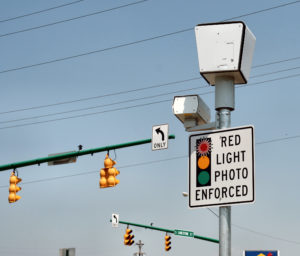The term “black box” is commonly associated with the aviation industry; indeed, when a plane crash occurs, an expert team immediately sets out to retrieve the black box to determine the cause of the crash.
A “black box” is just a device that records and stores information about what is happening around it, so why should this tool that is crucial for airline safety be limited to the skies? What if, say, operating rooms had black boxes of their own?
That’s exactly what Dr. Teodor Grantcharov of St. Michael’s Hospital in Toronto would like to know. He has been testing his own black box prototype since April to see if it can help minimize mistakes in laparoscopic surgeries.
Currently, when a surgery goes badly, doctors meet and talk about what might have happened based on any information they have, but often their information is limited. Dr. Grantcharov may be able to replace the somewhat archaic “M&Ms” (morbidity and mortality meetings) with hard data that can be assessed and used to educate and prevent future errors. His black box is about the size of a box of tissues and records everything from nurse/doctor conversations to room temperature. It also records a “gallery view” of the operating area and a feed from the surgical camera.
The black box’s use is limited to laparoscopic surgeries for now, but his research team hopes to develop boxes for urological and gynecological surgeries as well.
Unfortunately, inadvertent bowel and ureter injuries from laparoscopic surgery are not uncommon. Because the surgery is minimally invasive, the doctor’s field of view is necessarily small. When a doctor fails to realize he has cut the ureter or perforated the bowel, the patient is sewn up only to suffer painful and potentially life-threatening injuries.
Our firm has successfully settled cases for victims of botched laparoscopic surgeries, and we know how hard it can be to recover from a surgical error. While we sincerely hope that someday soon Dr. Grantcharov’s black box will be standard equipment in every operating room in the country, his box comes too late for those who have already suffered serious injuries from laparoscopic surgery mistakes. For more information on laparoscopic surgery errors, see our medical malpractice FAQs.
AM









Comments for this article are closed.